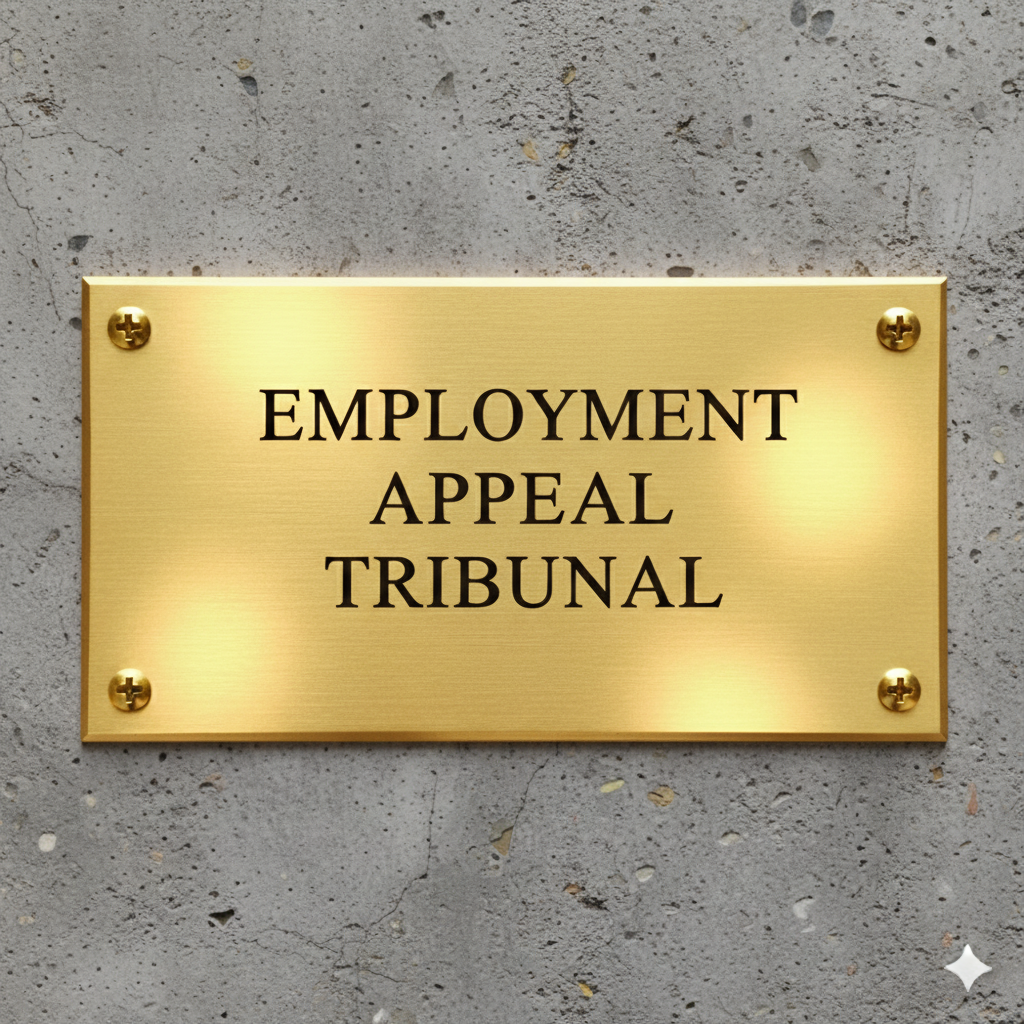Tribunal Finds Error in Disability Discrimination Case Management
The EAT allowed an appeal, finding the Employment Tribunal erred in refusing a claimant's request for information in a disability discrimination case. The case has been remitted for reconsideration by a different judge.
• public
Richmond and Wandsworth Councils Face Tribunal Remittal After Appeal
The Employment Appeal Tribunal (EAT) has overturned a decision by the Employment Tribunal in the case of Bari v Richmond and Wandsworth Councils [2025] EAT 54, finding an error in the initial handling of a disability discrimination claim.
Mr. Bari, an employee jointly employed by Richmond and Wandsworth Councils as a duty manager, brought multiple complaints under the Equality Act 2010, citing disability discrimination related to his psoriatic arthritis. As a litigant in person, he sought a case management order to obtain information from the councils, which was initially refused.
The Dispute Over Information Requests
The core of the appeal revolved around the tribunal's rejection of Mr. Bari's application for the councils to provide answers to a series of questions regarding reasonable adjustments made for other employees with disabilities. Mr. Bari argued this information was crucial to his claim of direct discrimination, failure to make reasonable adjustments, harassment and victimisation.
The Employment Tribunal initially refused the request, stating it was unclear how the information would assist the tribunal. This decision was upheld upon reconsideration.
EAT Decision: Error Identified
His Honour Judge Auerbach, presiding over the EAT, found that the Employment Tribunal had erred in its approach. The EAT concluded the Employment Tribunal did not adequately address the relevance of the requested information to all aspects of Mr. Bari's claim, particularly the direct discrimination and victimisation complaints. The initial decision focused solely on the reasonable adjustments claim and failed to provide sufficient reasoning, rendering it not Meek-compliant (lacking adequate explanation).
The EAT clarified the principles that should guide tribunals when considering applications for information, emphasising the need to assess whether the information is necessary for fairly disposing of the proceedings, taking into account relevance and proportionality. It highlighted that blanket statements about a claimant's individual circumstances are not sufficient to dismiss requests for comparative data relating to other employees.
Remittal for Reconsideration
As a result of the successful appeal, the case has been remitted back to the Employment Tribunal for a fresh determination of Mr. Bari’s application for information. The EAT directed that a different judge should handle the reconsideration.
The decision underscores the importance of tribunals providing clear and comprehensive reasoning for case management decisions, particularly those concerning access to information in discrimination cases. It also clarifies the extent of tribunals powers when ordering a party to provide information to another party in answer to their questions.
The councils now face the task of re-evaluating Mr. Bari's information request and providing a more detailed justification for any refusal, ensuring it aligns with the principles outlined by the EAT.
Read the entire judgement here: Mr N Bari v Richmond & Wandsworth Councils [2025] EAT 54
